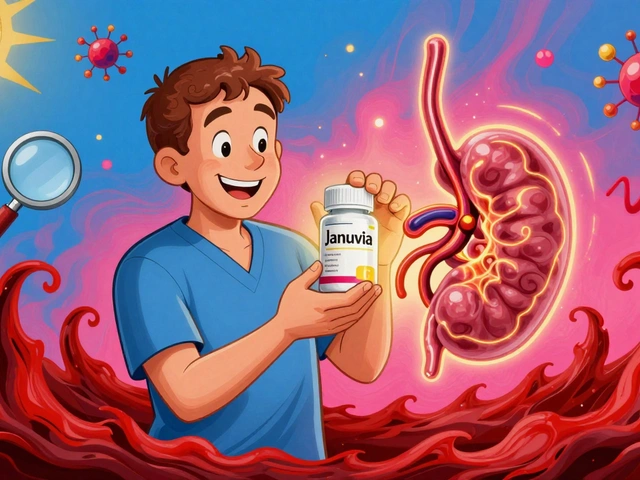Hepatitis C Support Groups: Find Help, Share Stories, and Stay Strong
When you’re living with hepatitis C, a viral infection that attacks the liver and can lead to long-term damage if untreated. Also known as HCV, it’s not just a medical condition—it’s a life shift. Many people feel alone after diagnosis, but you’re not. hepatitis C support groups, peer-led communities where people with HCV share experiences, coping strategies, and encouragement are one of the most powerful tools you can use—not to cure the virus, but to survive it with dignity and hope.
These groups aren’t just about talking. They help you understand treatment side effects, navigate insurance for new antiviral drugs like sofosbuvir, and deal with the shame or fear that often comes with a liver disease diagnosis. emotional support for hepatitis C, the psychological and social help needed to manage stress, anxiety, and depression linked to chronic illness is just as critical as medication. Studies show people who join these groups stick to their treatment longer, feel less isolated, and report better quality of life. You’ll find people who’ve been where you are—some cleared the virus, others are still fighting, and all of them know what it’s like to worry about the next test result or explain this to their kids.
Support groups come in many forms: online forums for those who can’t leave home, local meetups at clinics or community centers, and even text-based chats for privacy. Some focus on newly diagnosed people, others on long-term survivors. You don’t need to be an expert. You just need to show up. Whether you’re looking for advice on managing fatigue, finding affordable meds, or just someone who won’t flinch when you say "I have hepatitis C," these groups are built for that.
And it’s not just about the virus. Many members also deal with related issues—liver scarring, mental health struggles, or even stigma from family or coworkers. The best groups don’t just offer information; they create a space where you’re seen, not judged. You’ll hear real stories—not textbook answers—about how someone got through treatment while working two jobs, or how a parent told their teenager about their diagnosis. These are the moments that change everything.
Below, you’ll find real posts from people who’ve walked this path. They’ve compared treatments, shared tips on managing side effects, and opened up about the emotional toll. Some write about how they found strength in community. Others just needed to say, "I’m tired," and have someone reply, "Me too." This isn’t a medical guide. It’s a collection of voices that say: you’re not alone. And that matters more than you know.
Daclatasvir and Hepatitis C: Finding Support Groups for Patients
Find real support while taking daclatasvir for hepatitis C. Learn where to join free, trusted groups, what to expect, and how to connect with others who truly understand.






